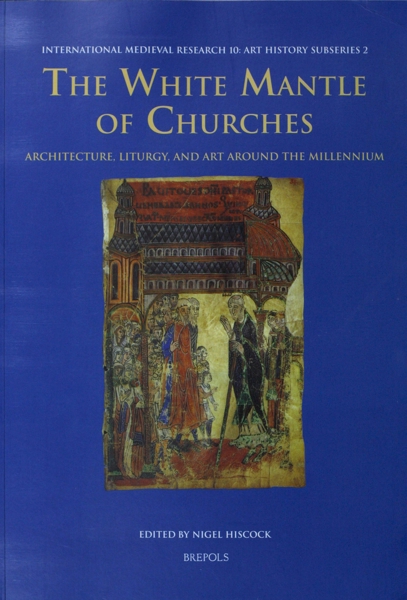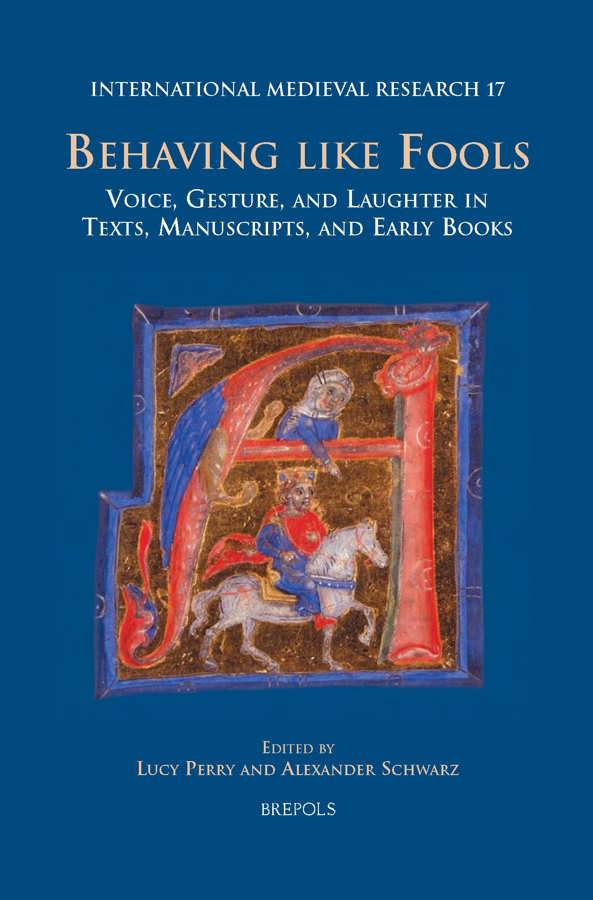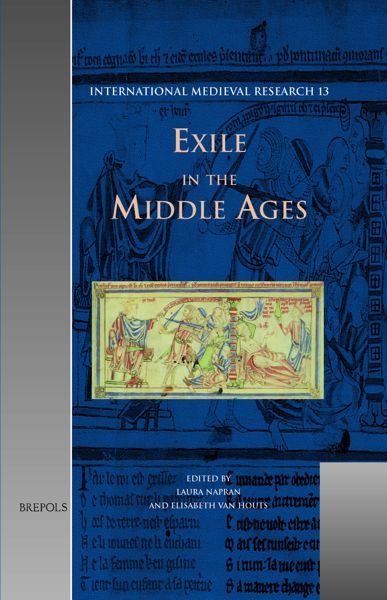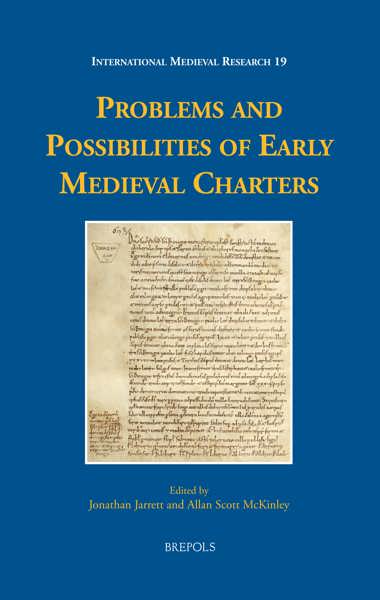
Behaving like Fools
Voice, Gesture, and Laughter in Texts, Manuscripts, and Early Books
Lucy Perry, Alexander Schwarz (eds)
- Pages: xiii + 301 p.
- Size:156 x 234 mm
- Illustrations:28 b/w
- Language(s):English, German, French
- Publication Year:2011
- € 80,00 EXCL. VAT RETAIL PRICE
- ISBN: 978-2-503-53157-1
- Hardback
- Available
- € 80,00 EXCL. VAT RETAIL PRICE
- ISBN: 978-2-503-53791-7
- E-book
- Available
"Tente de définir le fou derrière ses multiples masques littéraires et iconographiques entre 1200 et 1600, tel est l'objet de cet ouvrage collectif, particulièrement réussi, riche en analyses critiques et en documents. (...) D'une façon globale, l'ouvrage renouvelle actuelle des études sur les fous, en en livrant une belle synthèse, problématisée et exhaustive, aux époques médiévales et modernes." (Martine Clouzot, dans: Sehepunkte, 12 (2012), Nr. 7/8, 15.07.2012, http://www.sehepunkte.de/2012/07/20842.html)
Preface
List of Abbreviations
Introduction - ALEXANDER SCHWARZ AND LUCY PERRY
Traditions of Simulated Folly in The Canterbury Interlude and Tale of Beryn - GUILLEMETTE BOLENS
A Fool and a Troubadour: Folly in the Legend of Peire Vidal - SUSANNA NIIRANEN
An Anglo-Norman Fool in Constantinople: Der Pfaffe Amis - CORDULA BÖCKING-POLITIS
Sebastian Brant’s Ship of Fools and its Woodcuts - SIEGRID SCHMIDT
Eulenspiegel Meets Nasreddin: A Fools’ Contest - ALEXANDER SCHWARZ
After the Laughter: Discipline Through Narration. The Fool’s Didactics in Wolfgang Büttner’s Jocular Prose Tales (Schwänke) Featuring Claus Narr (1572) - PETER GLASNER
Playing the Fool: Eccentric Behaviour and Political Acumen in Wace’s Roman de Rou - FRANÇOISE LE SAUX
‘Marcel far to helle; & tel heom þer spelles’ (Brut, line 13245): ‘Off’ Jokes and Crude Behaviour in Lawman’s Brut - ROSAMUND ALLEN
A Small History of Laughter, or When Laughter Has to Be Reasonable - STEFAN BIEßENECKER
‘Cel neim […] est fols’: ‘Fool-like’ Dwarfs and the Irony of Fictionality in French Texts around 1200 - TANJA-ISABEL HABICHT
The Issue of Madness in Tristan Romances - PATRIZIA MAZZADI
‘What kind of fool am I?’: The Tragi-comedy of the Love Potion in the Thomas/Gottfried Branch of the Tristan Legend - NEIL THOMAS
Don’t Make Me Laugh! Fooling Around in Sir Gawain and the Green Knight - LUCY PERRY
Index




